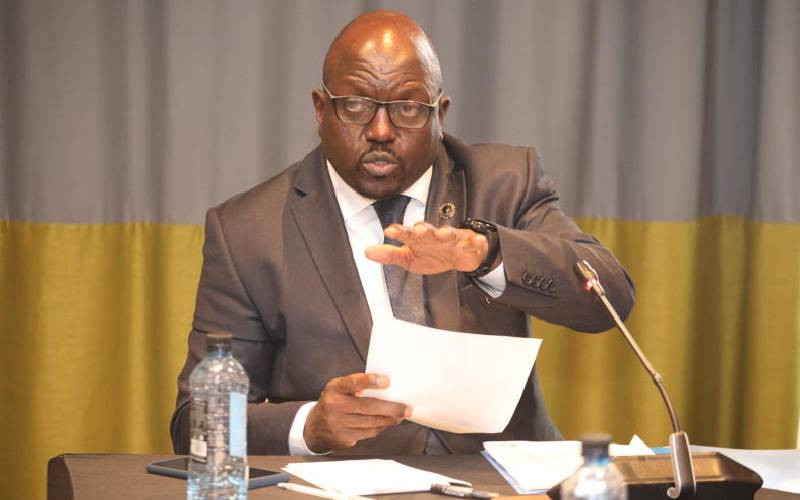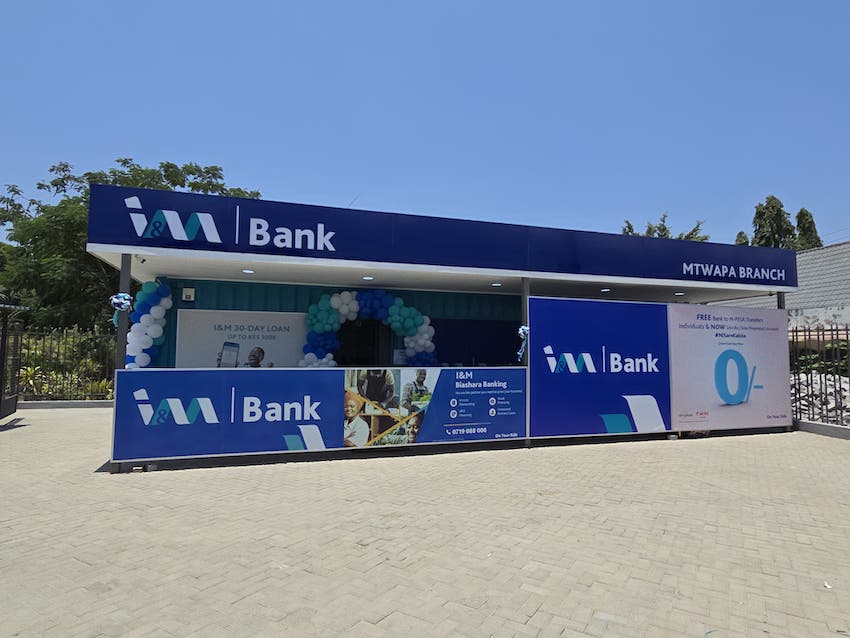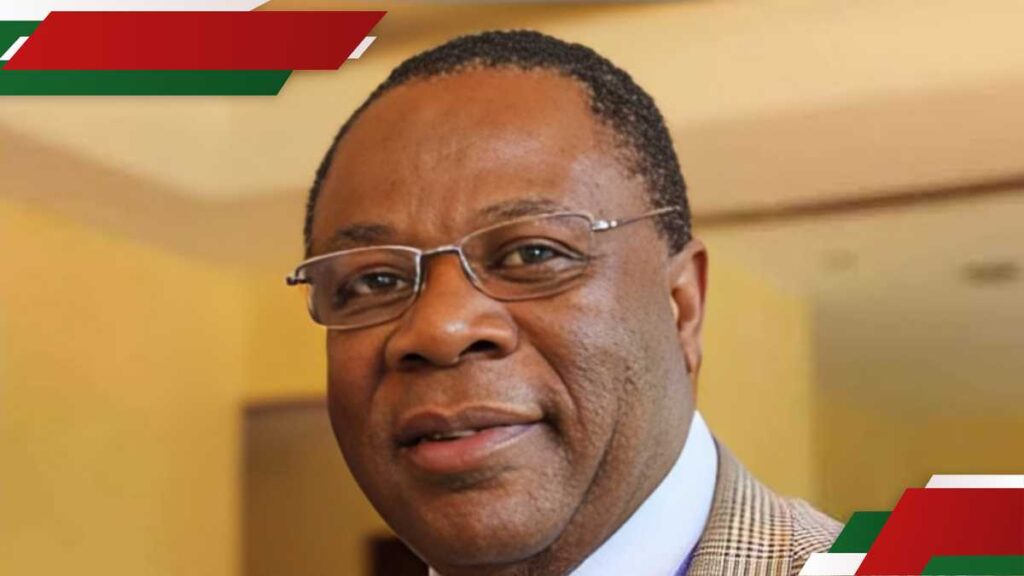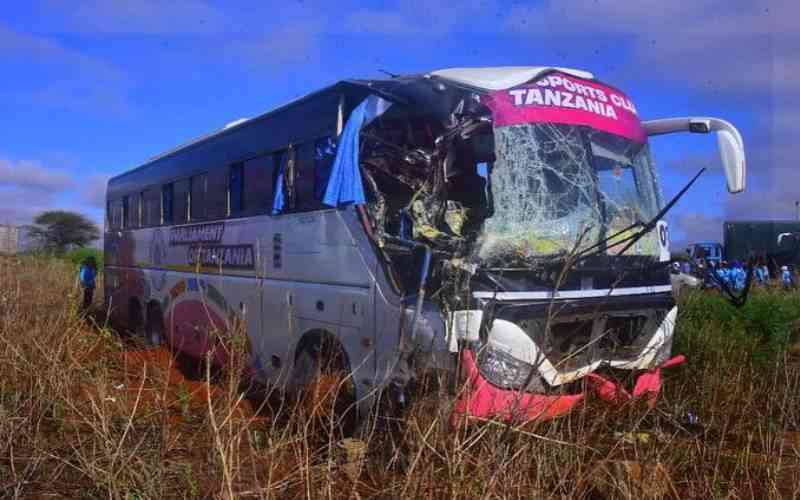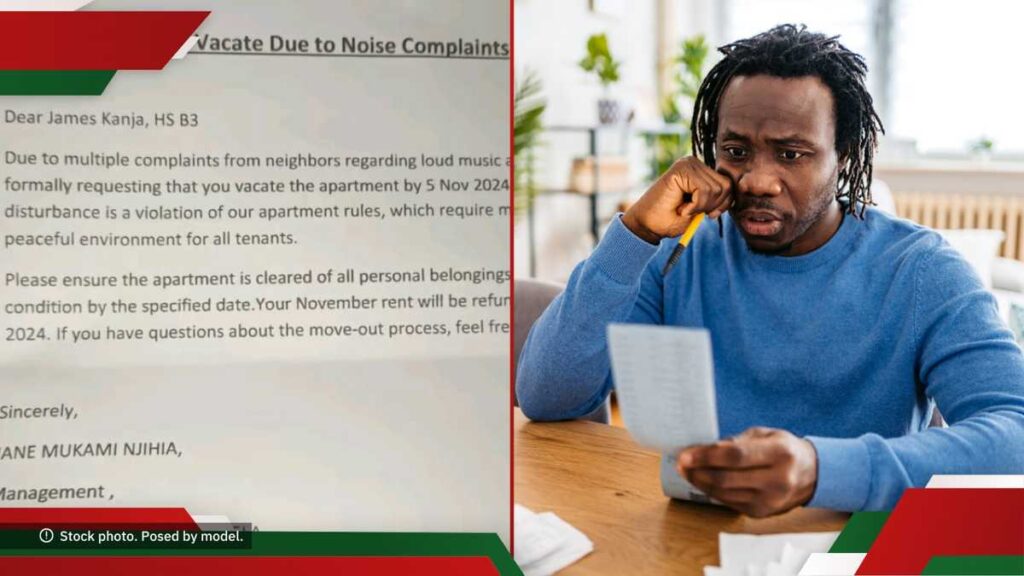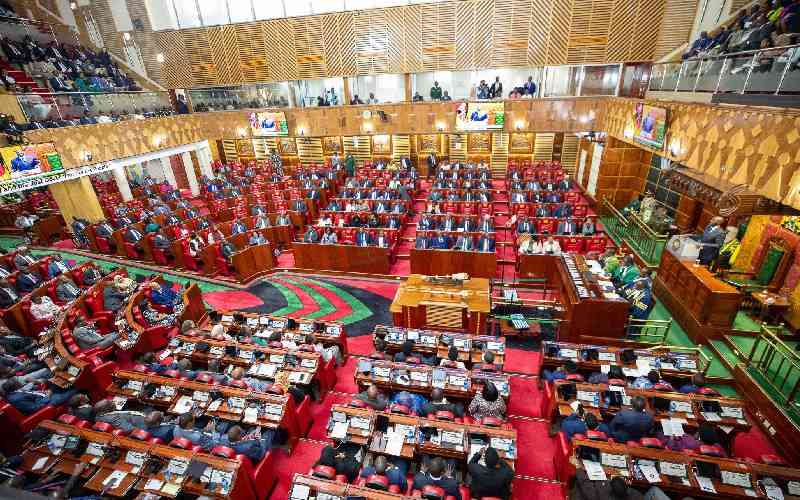Kenyans aspiring to join the National Police Service (NPS) will be required to apply online in future recruitment, the National Police Service Commission (NPSC) has announced.
NPSC Chief Executive Officer Peter Leley, appearing before the Senate Committee on National Cohesion, Equal Opportunity and Regional Integration, confirmed that preparations are underway and that the proposal had been submitted to the Office of the Attorney General and the Ministry of Interior.
Leley told the committee, chaired by Marsabit Senator Mohammed Chute, that candidates will be required to submit their applications via the NPSC portal by following the guidelines provided online. Shortlisted applicants will subsequently be invited to attend the physical recruitment stage.
“We have undertaken all necessary steps to ensure the next recruitment is conducted digitally. This will help seal corruption loopholes within the recruitment process,” said Leley.
He further informed the senators that medical examinations for shortlisted candidates will be carried out by the Commission itself—unlike in the past, where candidates were expected to present their own medical reports.
Inspector General of Police Douglas Kanja also confirmed that the next recruitment will be conducted online. However, he was pressed to explain the specific measures to eliminate bribery and promote integrity in the process.
Senator Chute challenged Kanja to outline how the NPS would guarantee transparency and fairness.
“The main goal of online recruitment is to eliminate the widespread bribery. We will only engage with shortlisted candidates after a rigorous review of their applications,” Kanja said.
The ethnic composition of the National Police Service, presented to the committee by the IG, revealed that the Kalenjin community has the highest number of officers, at 20,834.
The Kikuyu community follows with 17,332 officers, the Luhya with 8,873, the Luo with 8,825, the Kamba with 8,662, and the Kisii with 6,228 officers. Other figures include: Meru (5,873), Somali (4,270), Maasai (2,490), Turkana (1,743), Embu (1,594), Giriama (1,461), Teso (1,397), Borana (1,341), Taita (1,121), and Digo (1,107).
The Kuria has 1,076 officers, Samburu (984), Duruma (596), Pokomo (580), Gabra (542), Suba (498), Tharaka (487), Chonyi (433), Mbeere (432), Bajun (397), and Rabai (371).
Further, the Oromo community has 329 officers, Rendille (271), Taveta (250), Kauma (208), Burji (193), Njemps (185), Kambe (161), Nubi (97), Jibana (96), Ribe (52), and Terik (30).
The Watta have 30 officers, Elmolo 23, Tachoni 16, Swahili 14, Makonde four, Dorobo three, and the Indian community is represented by just two officers. Nominated Senator Gloria Orwoba raised concerns about the treatment of victims at gender-based violence (GBV) desks, alleging that victims are sometimes mistreated when reporting assault cases.
In response, Kanja said plans were underway to introduce Policare Centres staffed by professionals equipped to handle various cases. He also noted improvements to GBV desks are planned so that statements recorded there will be treated with the same legal weight as those documented in the Occurrence Book.
Stay informed. Subscribe to our newsletter
The IG further informed the Senate Committee of plans to establish a Veterans Police programme, modelled after the Kenya Defence Forces’ initiative, to support retired officers.
Senators Dan Maanzo (Makueni), James Lomenen (Turkana), Betty Montet (Nominated), and Betty Syengo (Nominated) urged the NPS to ensure that future police recruitment reflects the diversity and true face of Kenyan.








